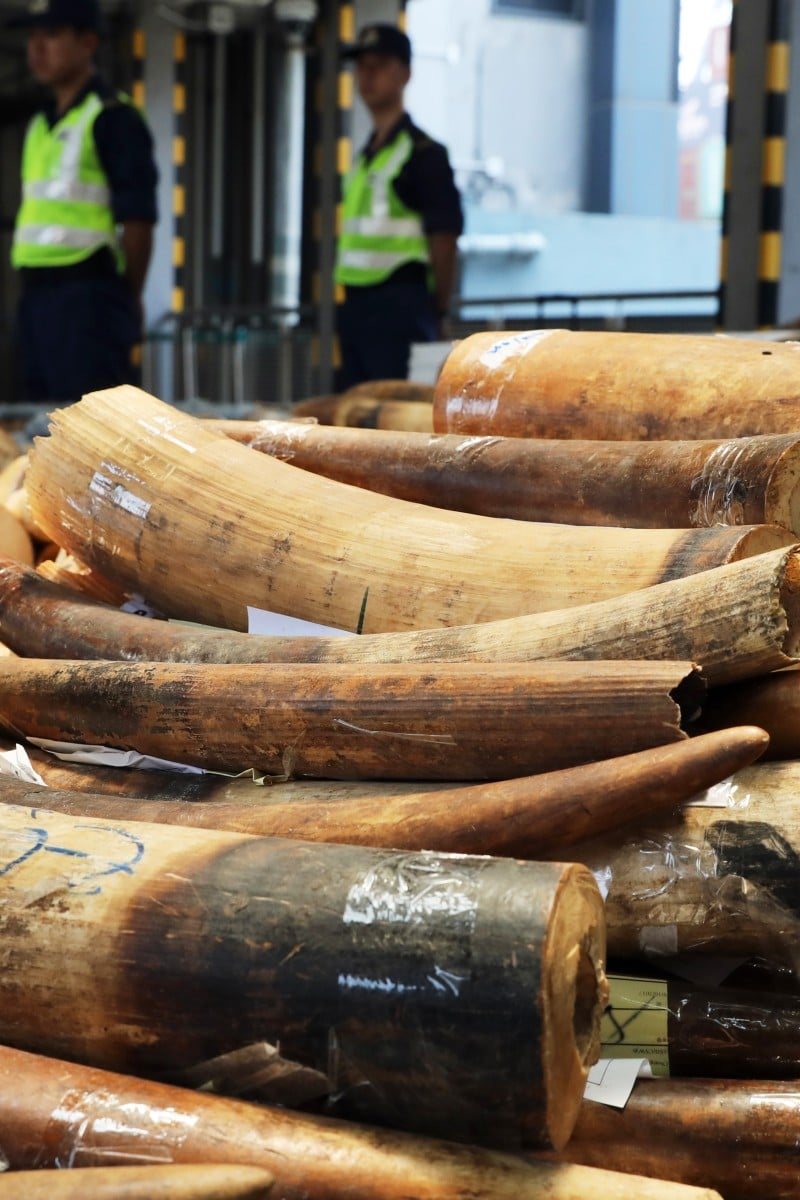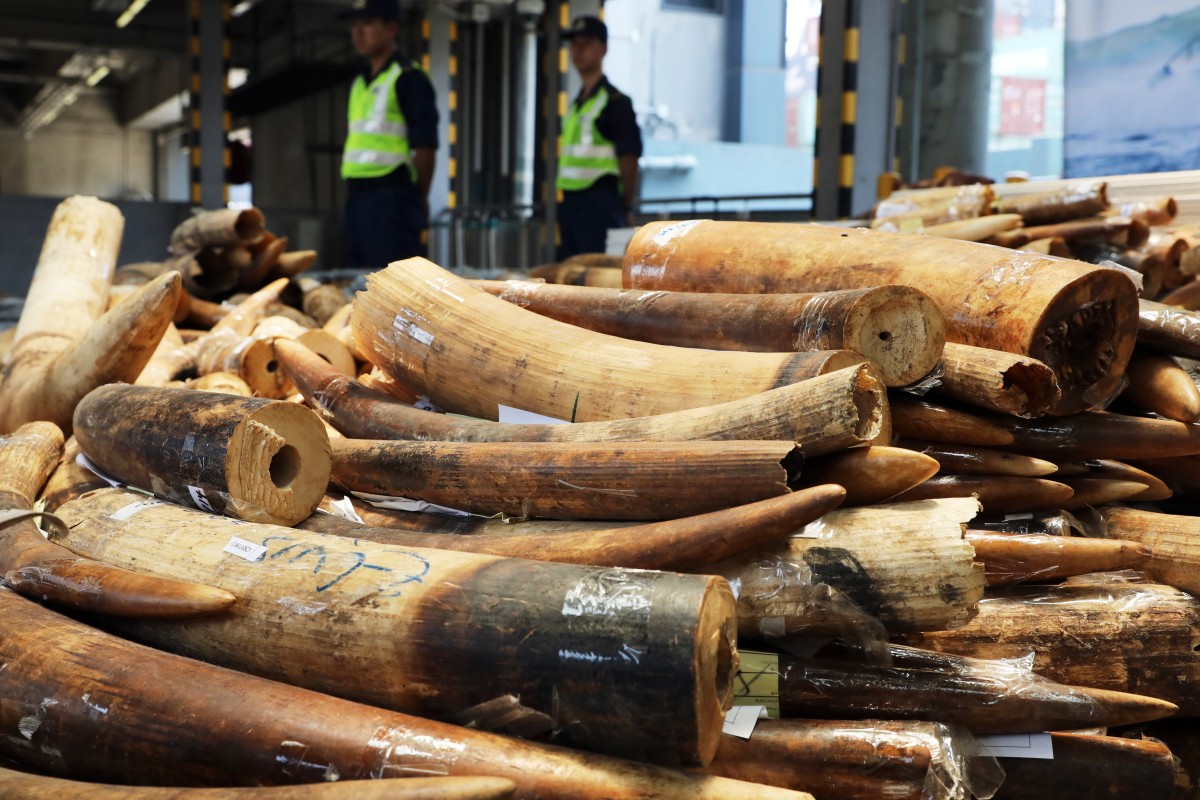
We need to take responsibility for our consumerism and how that impacts wildlife
With so many species becoming critically endangered, we need to start treating crimes against wildlife as seriously as other crimes
 Ivory worth millions of dollars was recently seized by Hong Kong customs officers. Despite this, Hong Kong doesn’t plan to ban the trade until 2022.
Ivory worth millions of dollars was recently seized by Hong Kong customs officers. Despite this, Hong Kong doesn’t plan to ban the trade until 2022. As a new university undergraduate, I’m at a stage in my life where I’m constantly thinking about my role in the world – where I fit in. This involves developing my philosophy on how I consume resources.
While it’s easy to focus on certain consumption habits – such as recycling or taking shorter showers – we often don’t think about how other products we buy may be impacting wildlife.
With more species under threat around the world – the giraffe was recently listed as “critically endangered” – it saddens me that my hometown of Hong Kong has failed to take action to protect wildlife.
These HK teens are using the power of video to save endangered orangutans in Indonesia
Hong Kong customs officers recently seized a record illegal shipment of elephant tusks and pangolin scales worth HK$62 million en route to mainland China from Nigeria.
If it strikes you as weird that pangolin scales – belonging to a mammal usually exported from South and Southeast Asia – are coming from Africa, you’re not the only one. We’ve managed to cull the population of Asian pangolins to the extent that we now have to source them from Africa.
To add to the misery, the shipment included more than 1,000 tusks, meaning that hundreds of elephants were slaughtered, simply so that someone can have a gaudy mantelpiece. This is despite the fact that the mainland has banned the ivory trade. Meanwhile, Hong Kong still lags behind; the current plan is to phase out the trade by 2022.
Ban fur trade in HK, say animal rights activists
A UN report showed that crimes which involve hurting our wildlife and biodiversity is the fourth biggest area of illegal activity in the world, and is heavily linked to counterfeiting, corruption, and human trafficking.
To make matters worse, a 2016 UN Environment Programme report stated that more than US$200 billion worth of goods was poached from countries – many of them developing – in 2016, robbing them of their natural biodiversity and preventing them from being able to benefit from their natural resources in a sustainable manner.
Two porpoise carcasses found on HK shores bring number of cases this year to 15 - a worrying trend,
Legislation on the wildlife trade is notably missing from our city’s list of high-priority crimes. The buck currently stops with the Agriculture, Fisheries and Conservation Department in Hong Kong, but this is not good enough – it must be taken from customs straight to the police.
More importantly, we need to see a shift away from the belief that wildlife crimes aren’t high-priority if we are to make any headway against this problem before it’s too late.